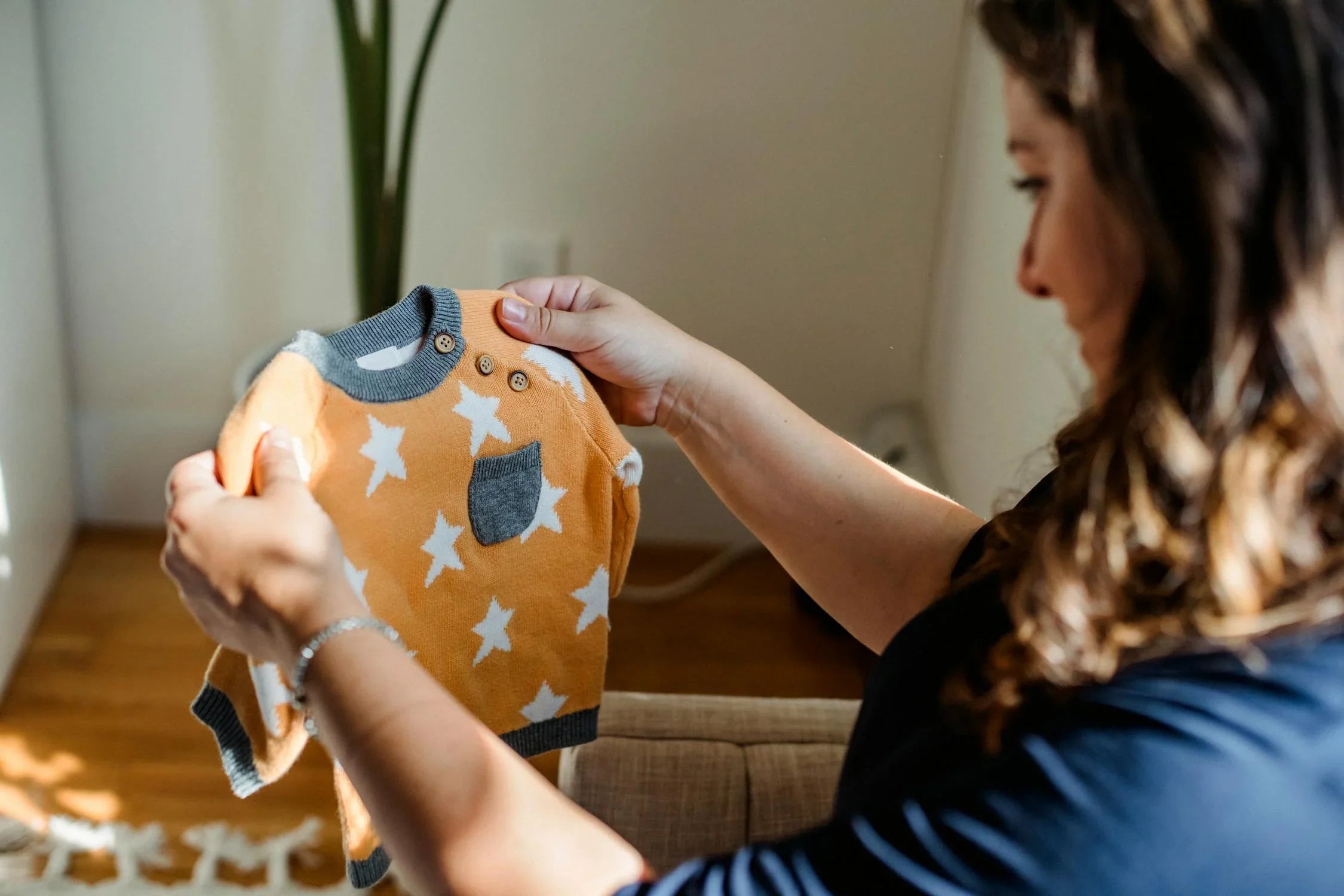Startseite
Pregnancy, Breastfeeding, and Pumping: The Ultimate Guide for Moms
Can I Take a Pregnancy Test After 10 Days? What You Need to Know

Can I Take a Pregnancy Test After 10 Days? What You Need to Know
Wondering if you can take a pregnancy test after 10 days? You're not alone. Many women find themselves in this situation, eager to know whether they're expecting. The good news is that modern pregnancy tests are highly sensitive and can often detect pregnancy early. However, timing is crucial to ensure accurate results. Let's dive into everything you need to know about taking a pregnancy test after 10 days.
How Pregnancy Tests Work
Pregnancy tests detect the presence of human chorionic gonadotropin (hCG), a hormone produced by the placenta after a fertilized egg attaches to the uterine lining. hCG levels rise rapidly in early pregnancy, doubling every 48 to 72 hours. Most pregnancy tests are designed to detect hCG in urine, although blood tests are also available through healthcare providers.
When to Take a Pregnancy Test
The timing of a pregnancy test depends on several factors, including the length of your menstrual cycle and when you ovulated. For most women, the best time to take a pregnancy test is after a missed period. However, some tests claim to detect pregnancy as early as 10 days after conception. Here's what you need to consider:
- Ovulation and Implantation: Conception typically occurs during ovulation, which is about 14 days before your next period. After fertilization, the egg takes about 6 to 12 days to implant in the uterus. hCG production begins after implantation.
- Test Sensitivity: Pregnancy tests vary in sensitivity. Some can detect hCG levels as low as 10 mIU/mL, while others require higher levels. Check the packaging to determine the sensitivity of your test.
- Early Testing: If you take a test too early, you may get a false negative result because hCG levels are still too low to detect. Waiting until after a missed period increases the likelihood of an accurate result.
Can I Take a Pregnancy Test After 10 Days?
Yes, you can take a pregnancy test after 10 days, but the accuracy may vary. If you're testing 10 days after ovulation, it's possible to get a positive result if implantation has occurred and hCG levels are rising. However, if you're testing 10 days after intercourse, the timing may be too early unless ovulation occurred shortly after.
Here are some tips for testing after 10 days:
- Use a Sensitive Test: Choose a test with high sensitivity to increase the chances of detecting low hCG levels.
- Test in the Morning: hCG levels are typically highest in the first urine of the day, so testing in the morning may yield more accurate results.
- Follow Instructions Carefully: Read the test instructions thoroughly to ensure proper usage and interpretation of results.
What If the Test Is Negative?
A negative result after 10 days doesn't necessarily mean you're not pregnant. It could simply mean that hCG levels are still too low to detect. If you suspect you might be pregnant but get a negative result, wait a few days and test again. If your period is still late and you continue to get negative results, consider consulting a healthcare provider to rule out other potential causes.
What If the Test Is Positive?
A positive result after 10 days is a strong indicator of pregnancy. However, it's essential to confirm the result with a healthcare provider. They can perform a blood test or ultrasound to confirm the pregnancy and provide guidance on next steps.
Factors That Can Affect Test Results
Several factors can influence the accuracy of a pregnancy test, including:
- Medications: Certain medications, such as fertility drugs, can affect hCG levels and lead to false positives or negatives.
- Medical Conditions: Conditions like ectopic pregnancy or ovarian cysts can also impact test results.
- Test Expiration: Using an expired test can lead to inaccurate results. Always check the expiration date before use.
When to See a Doctor
If you're unsure about your test results or experiencing symptoms like abdominal pain, spotting, or unusual discharge, it's important to seek medical advice. A healthcare provider can help determine whether you're pregnant and address any concerns you may have.
Taking a pregnancy test after 10 days can be an emotional experience, but understanding the process can help ease your mind. Whether you're hoping for a positive or negative result, knowing when and how to test can make all the difference. Remember, you're not alone, and there are resources available to support you every step of the way.
Teilen
